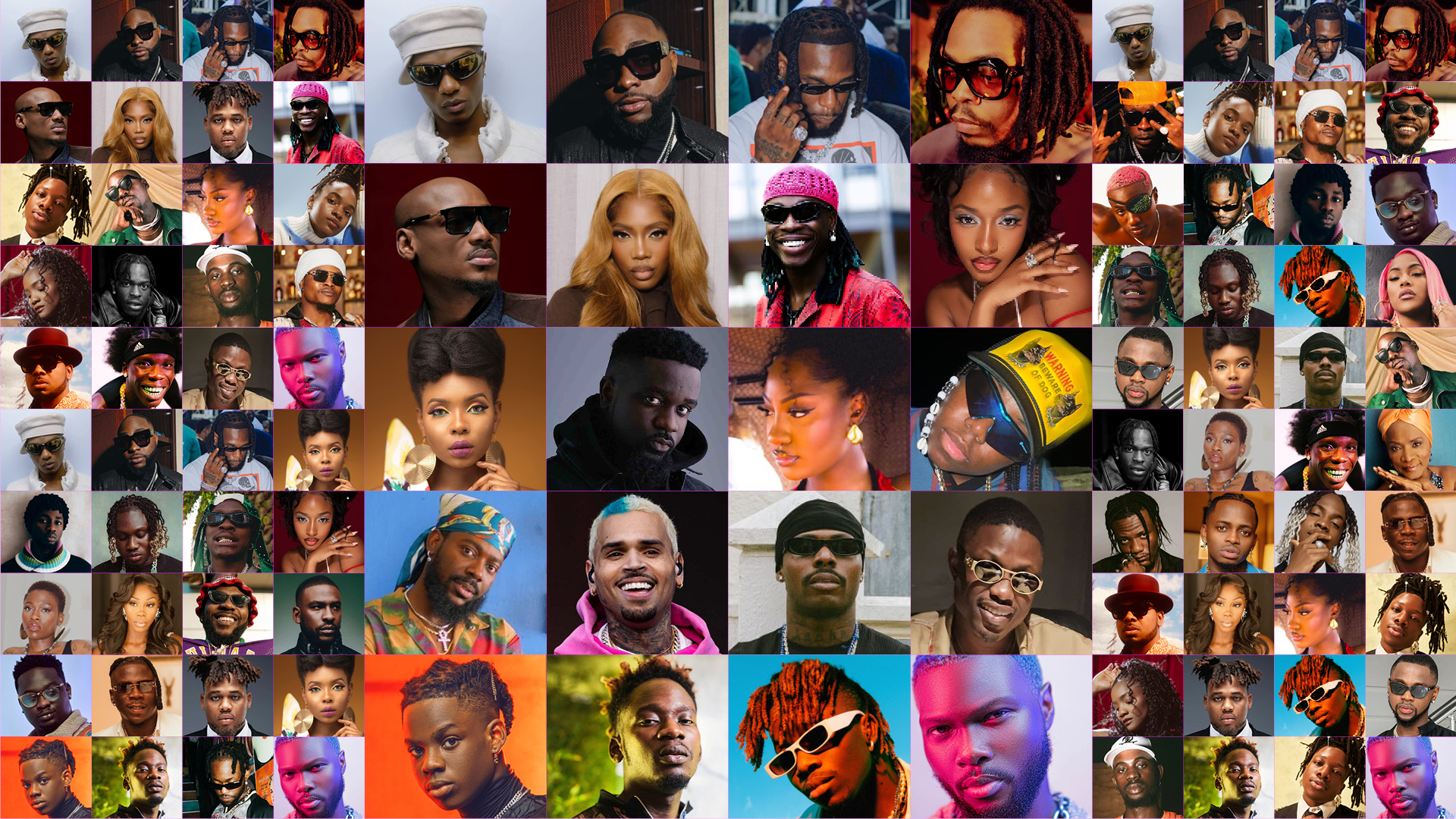
Afrobeats has recently seen a surge in global popularity, propelling many artists to international fame. However, a peculiar trend has emerged: some of these artists are distancing themselves from the genre that catapulted them to stardom. This reluctance to be identified exclusively with Afrobeats may stem from concerns over the genre’s staying power or a deeper fear of being pigeonholed.
On one hand, this sentiment is understandable. Artists are creative spirits, continually evolving and experimenting across genres. They crave recognition on the global stage akin to their peers in more established genres, which might explain their hesitance to be confined within the Afrobeats label.
Yet, this denouncement could be seen as ungrateful to the roots that nourished their rise. Afrobeats is not just a musical style; it’s a cultural movement that has made significant strides on the international music scene. It represents not just a sound but a vibrant culture that deserves recognition and respect.
Artists can honour their origins while exploring new territories. Acknowledging Afrobeats’ impact and educating fans about their diverse capabilities might be a more respectful approach than outright renunciation. After all, forsaking the genre can alienate the very fans who supported their journey. The challenge for artists is to navigate their creative paths without discarding their beginnings, balancing personal growth with cultural accountability. This is not just about music; it’s about respecting a movement that has reshaped the global music landscape.
Opinion piece by @deejaygabe

